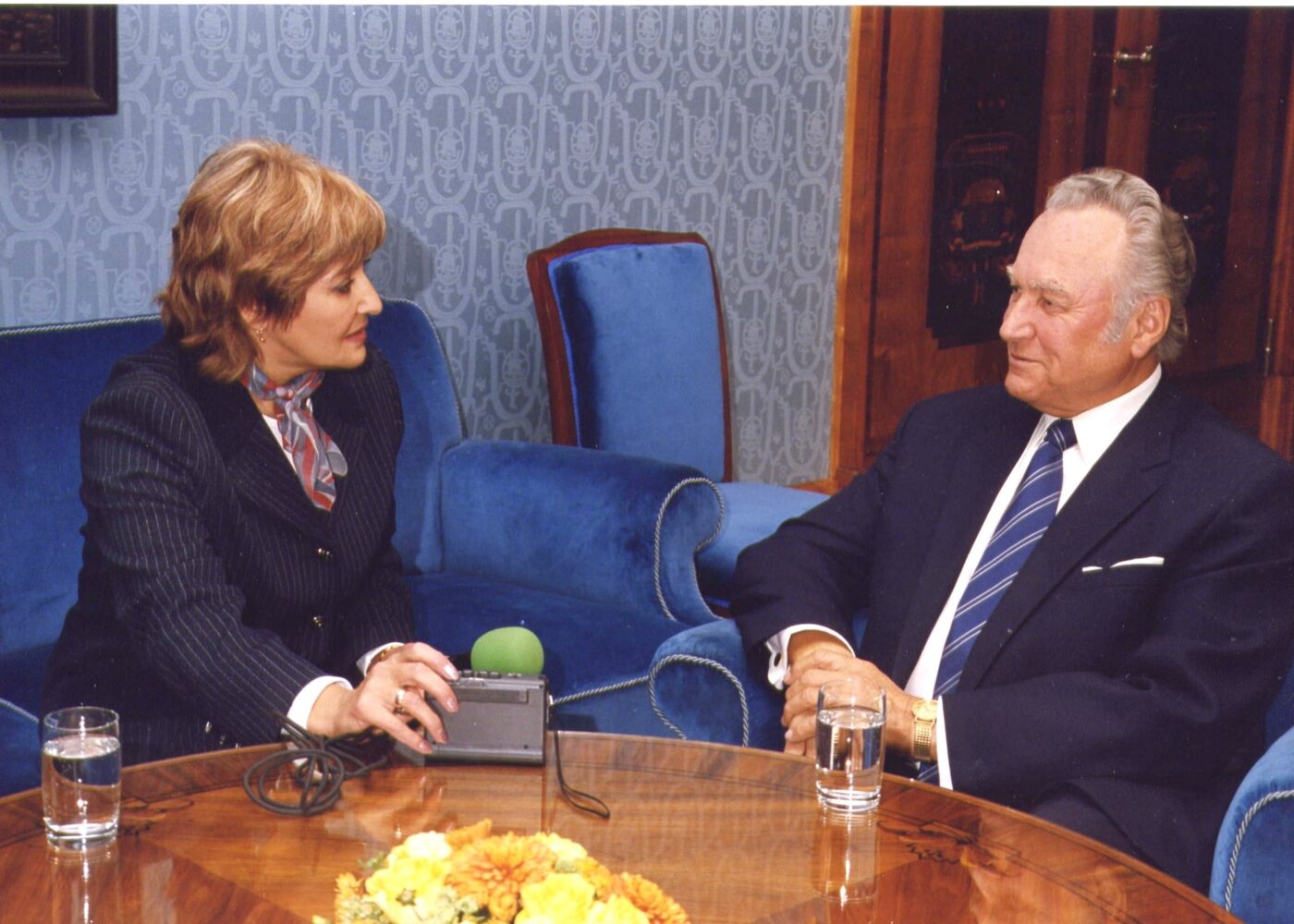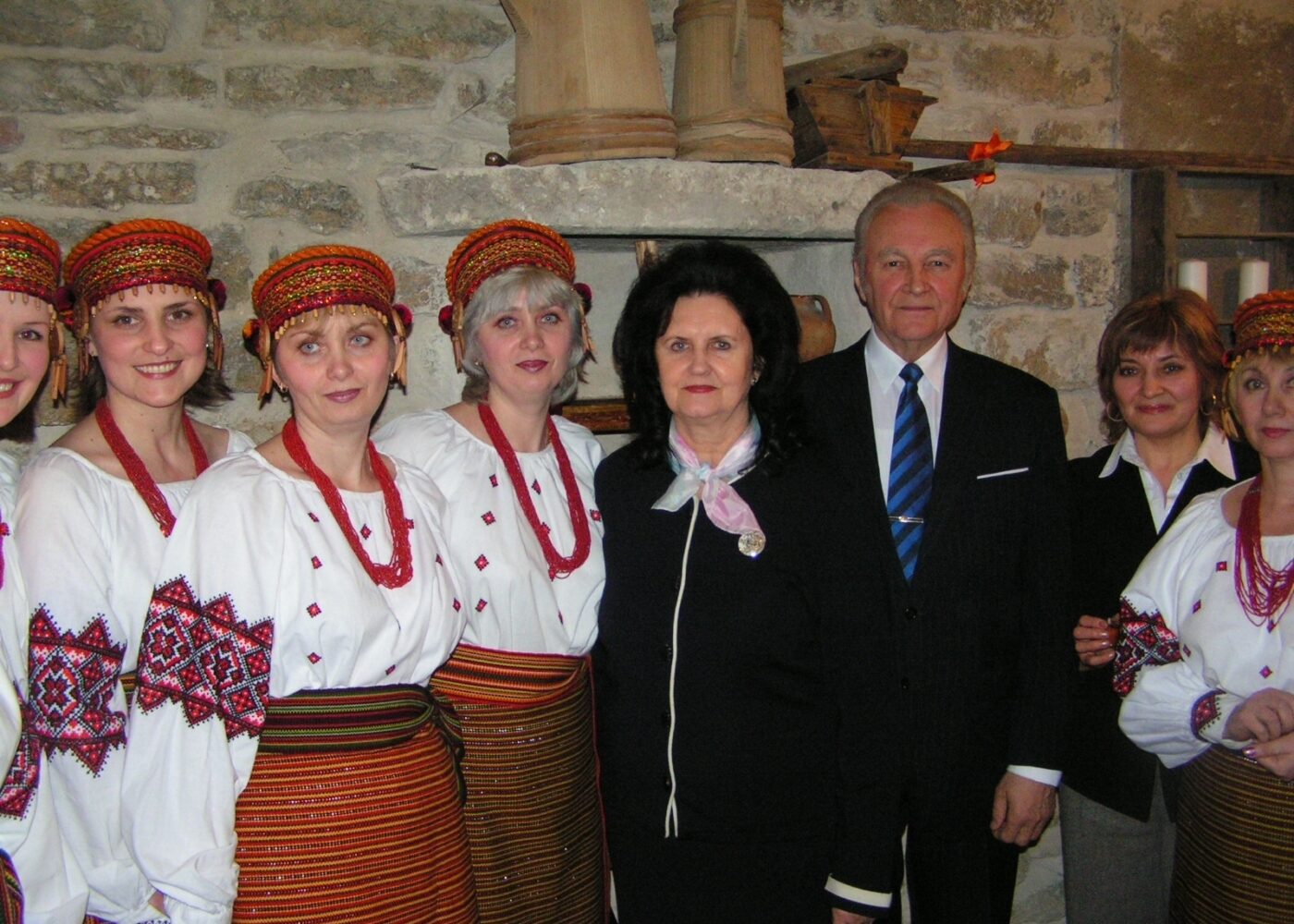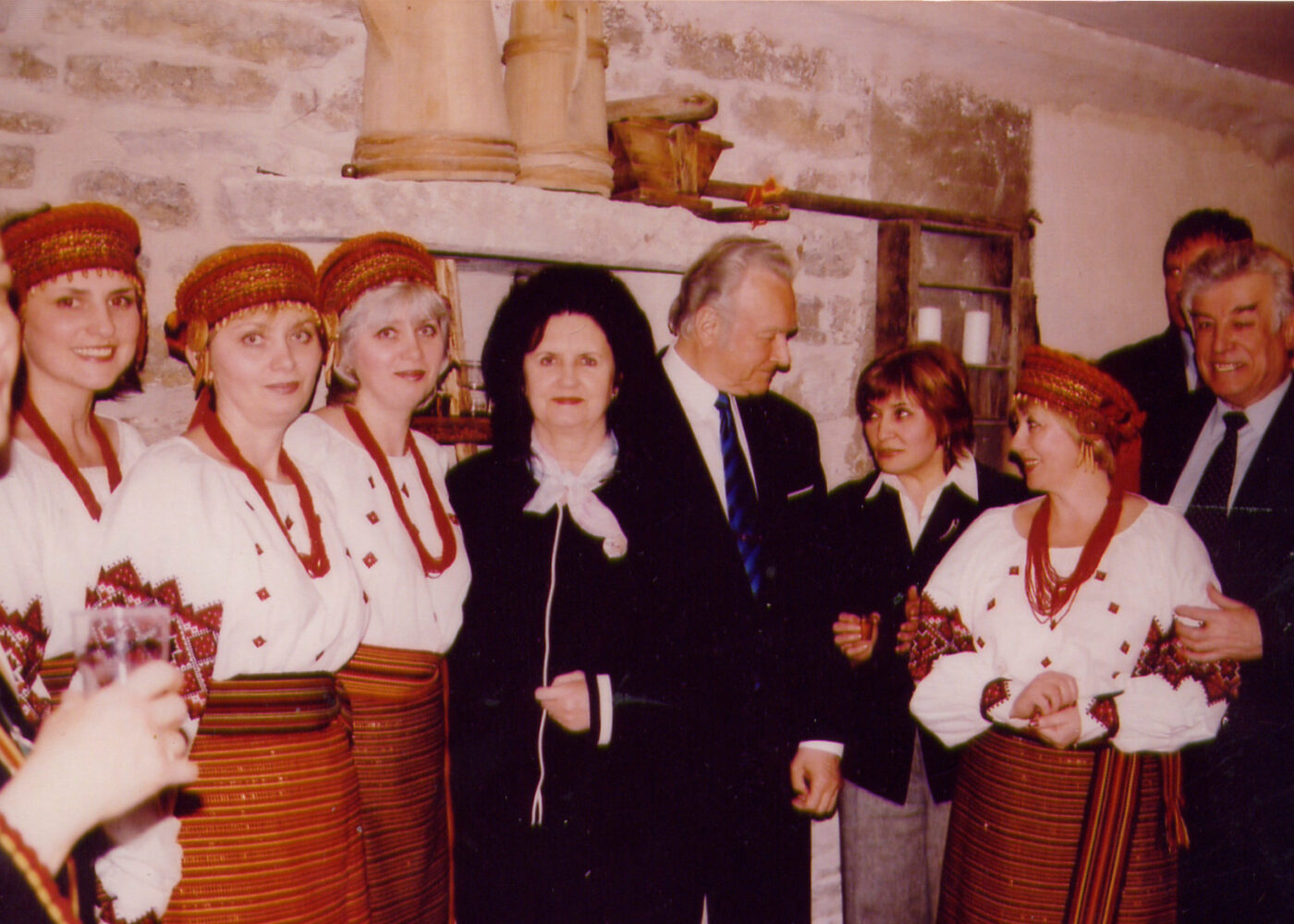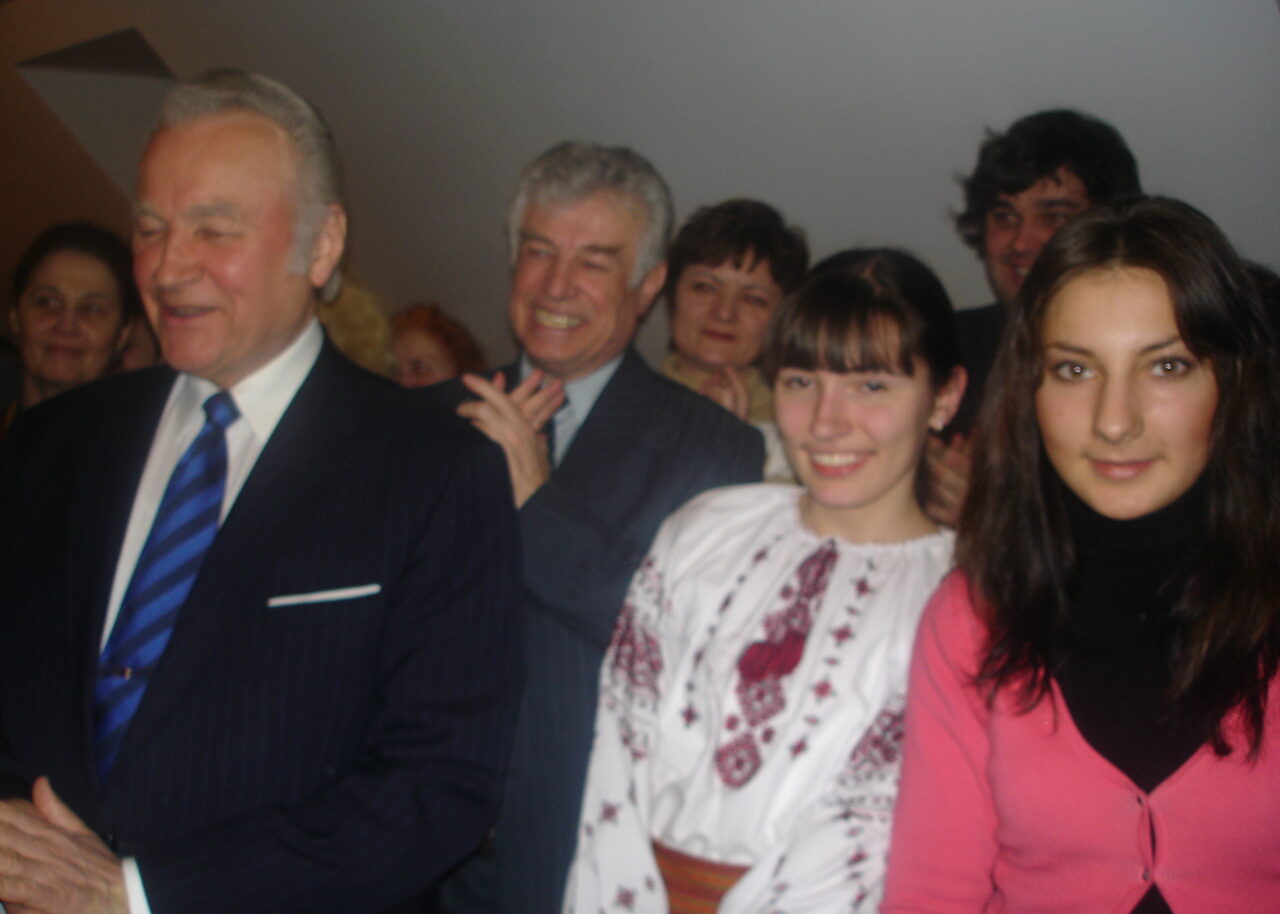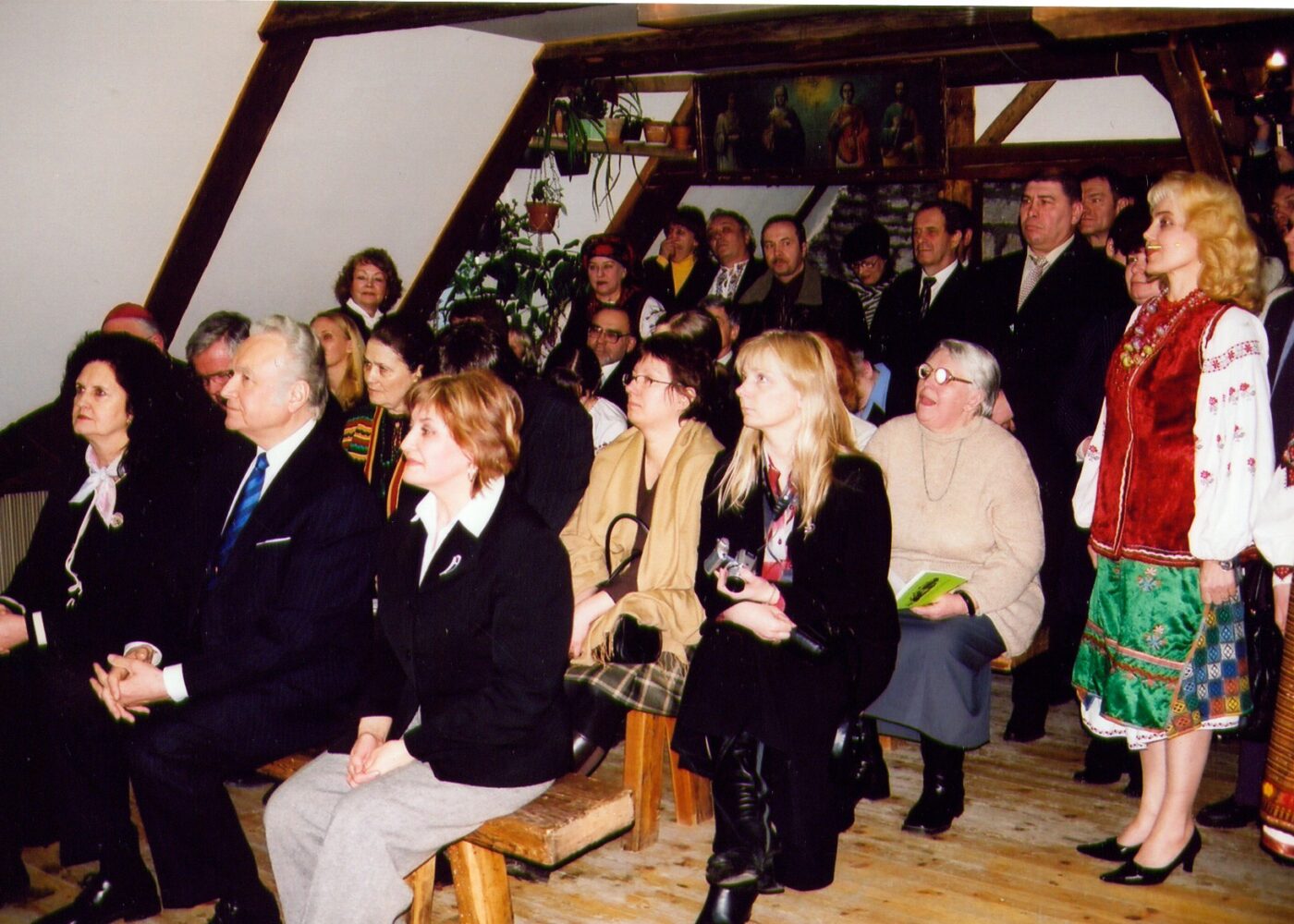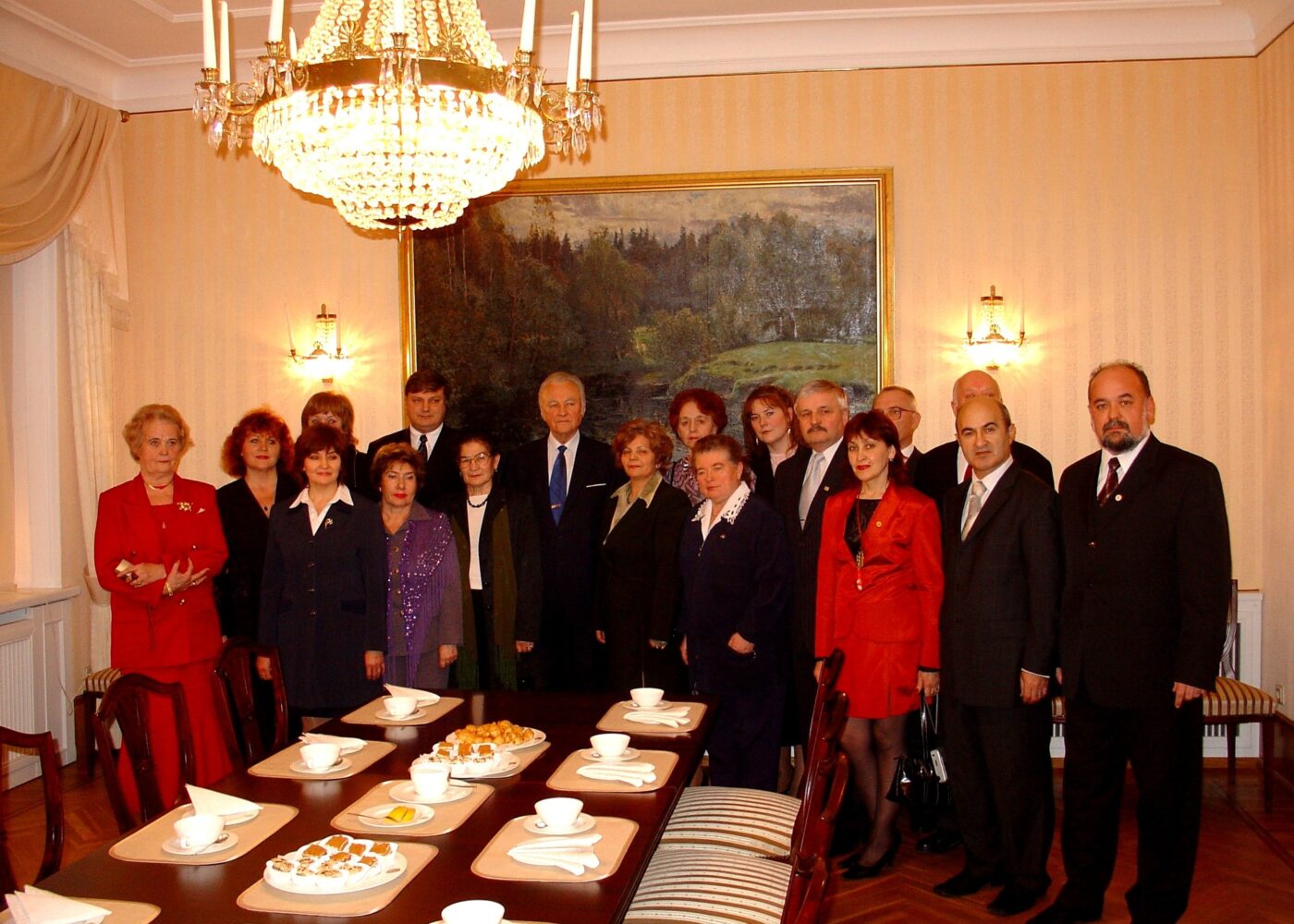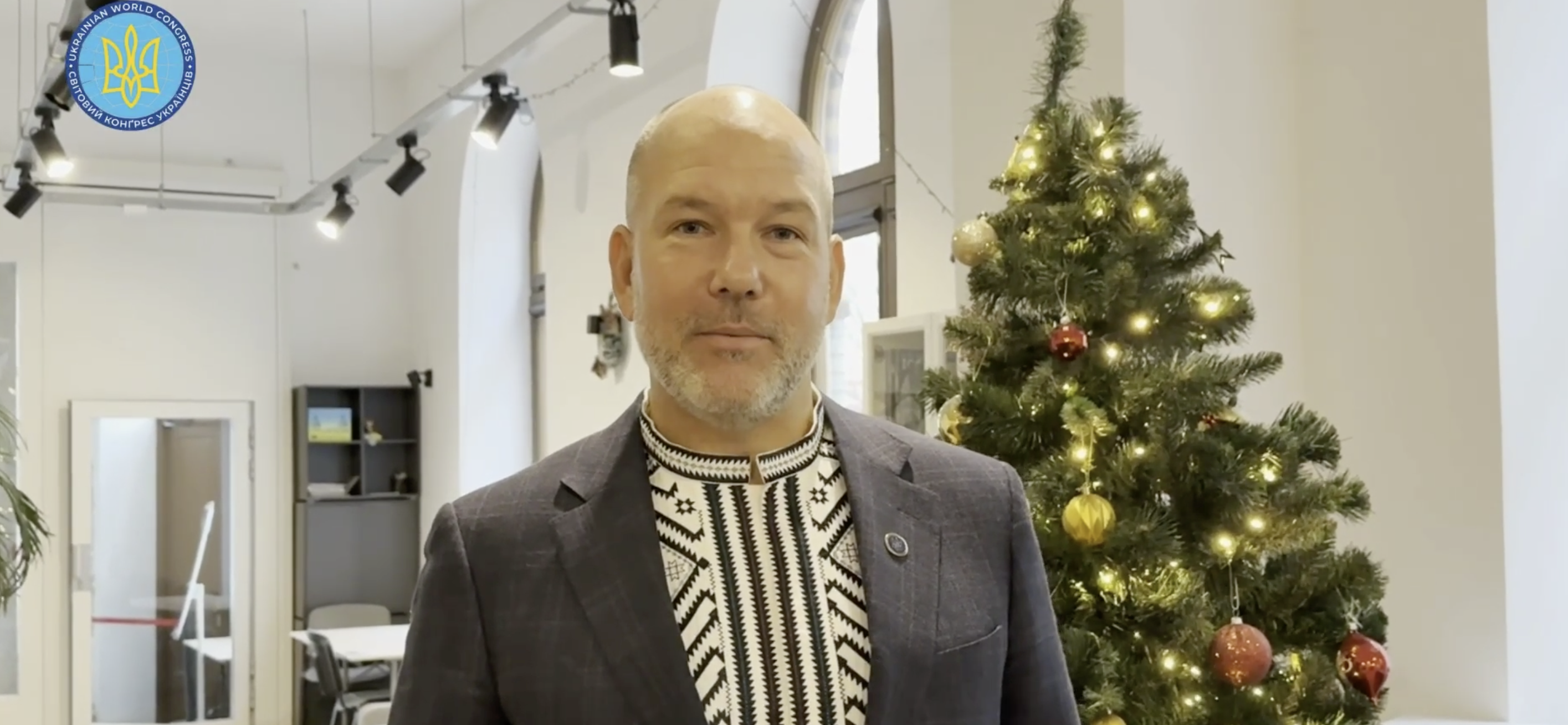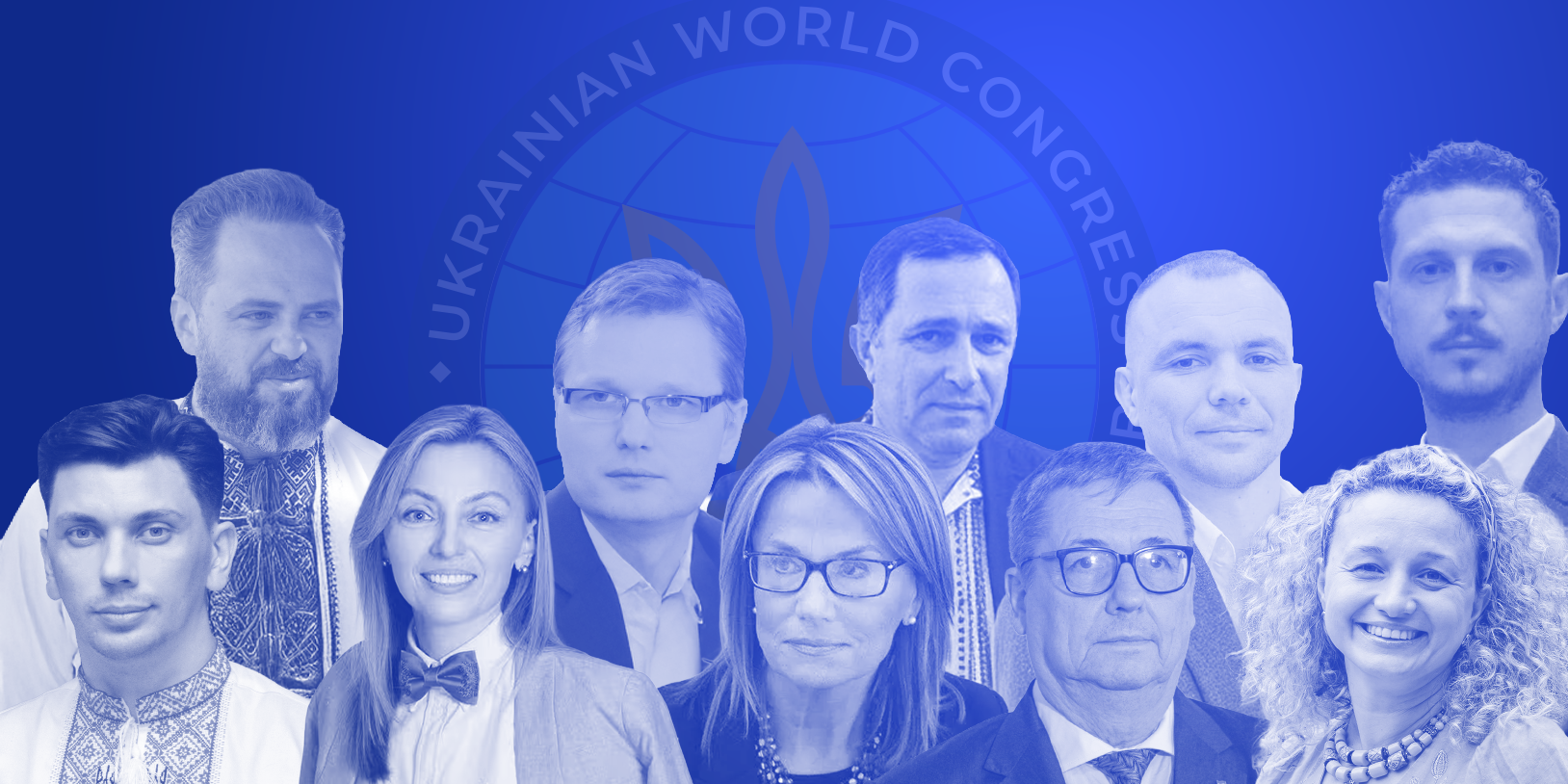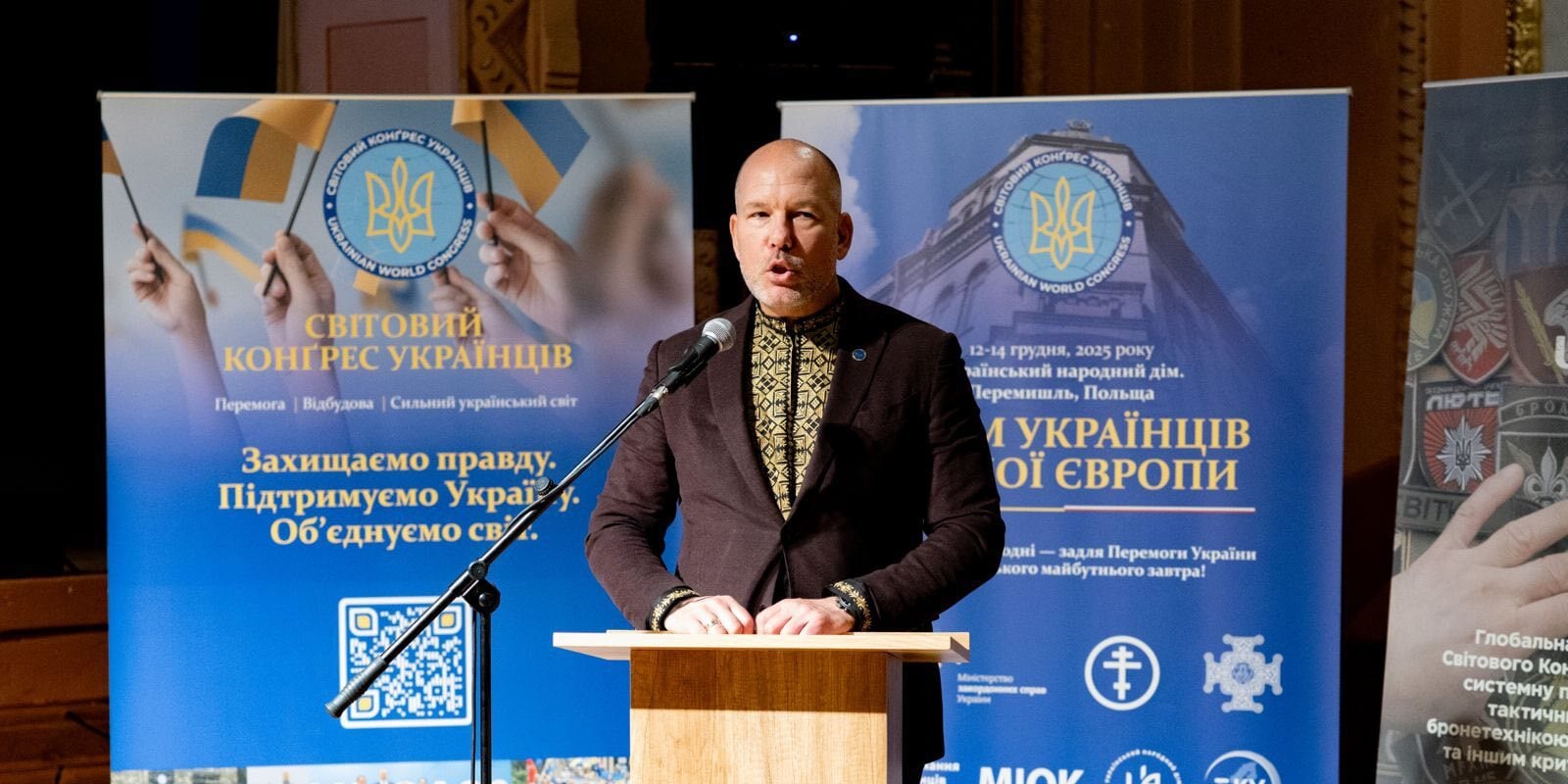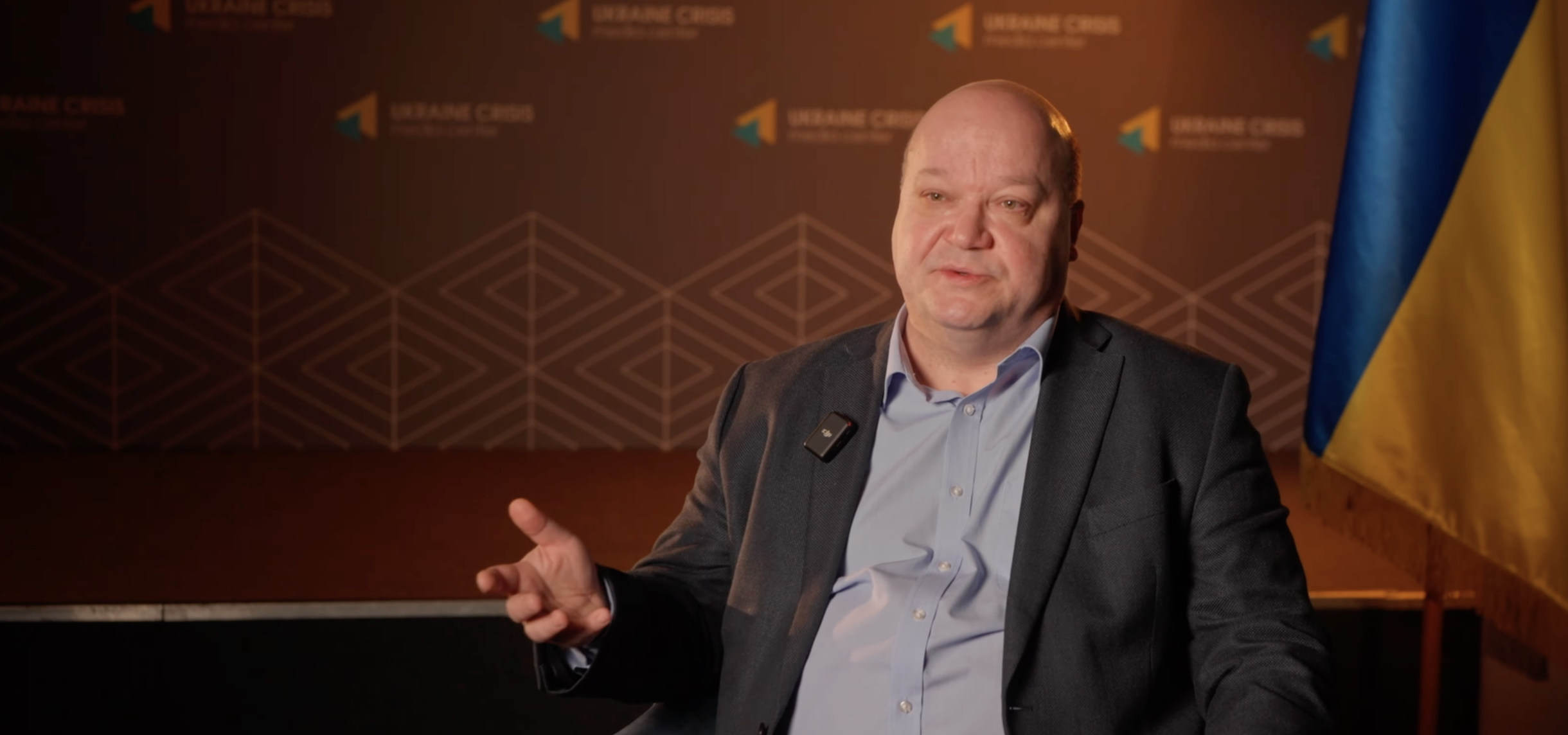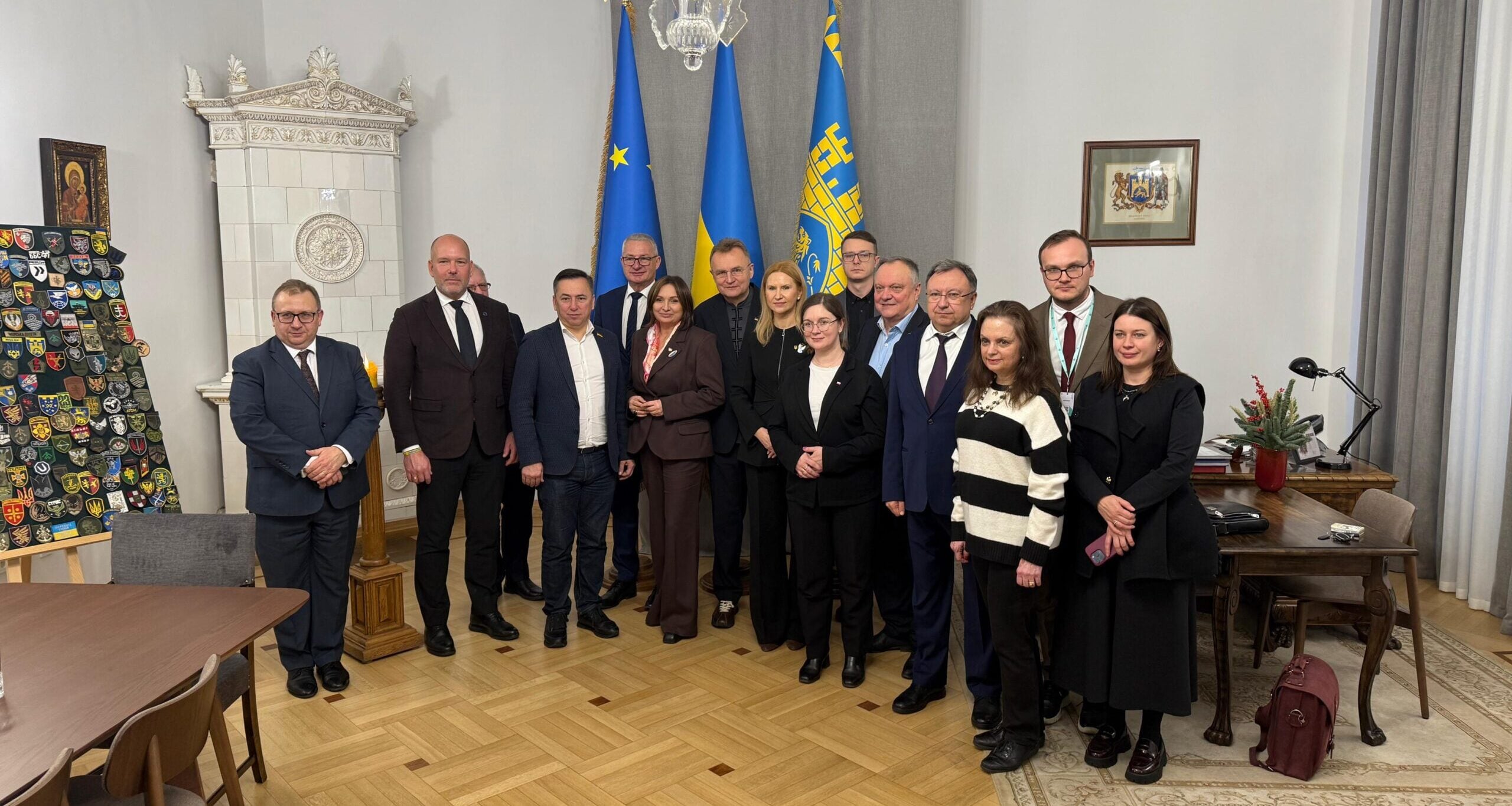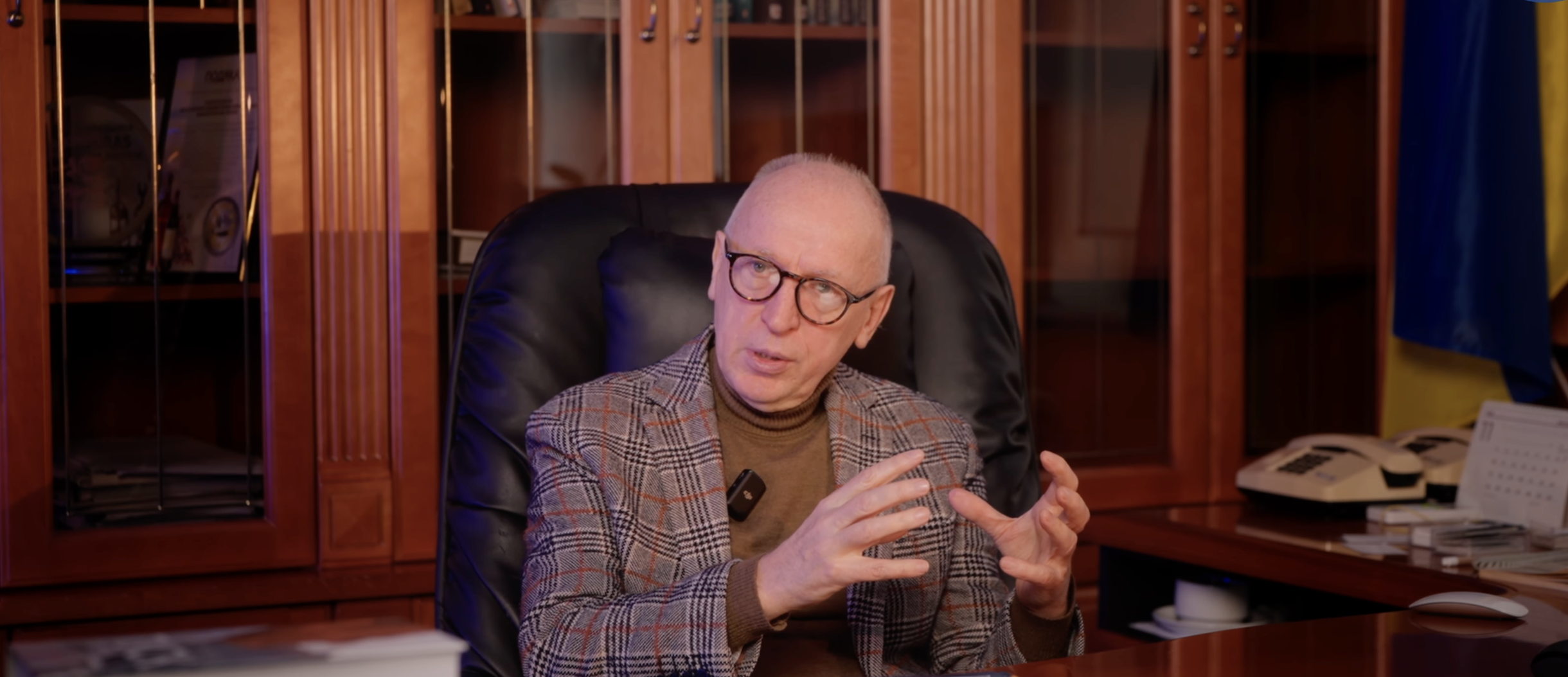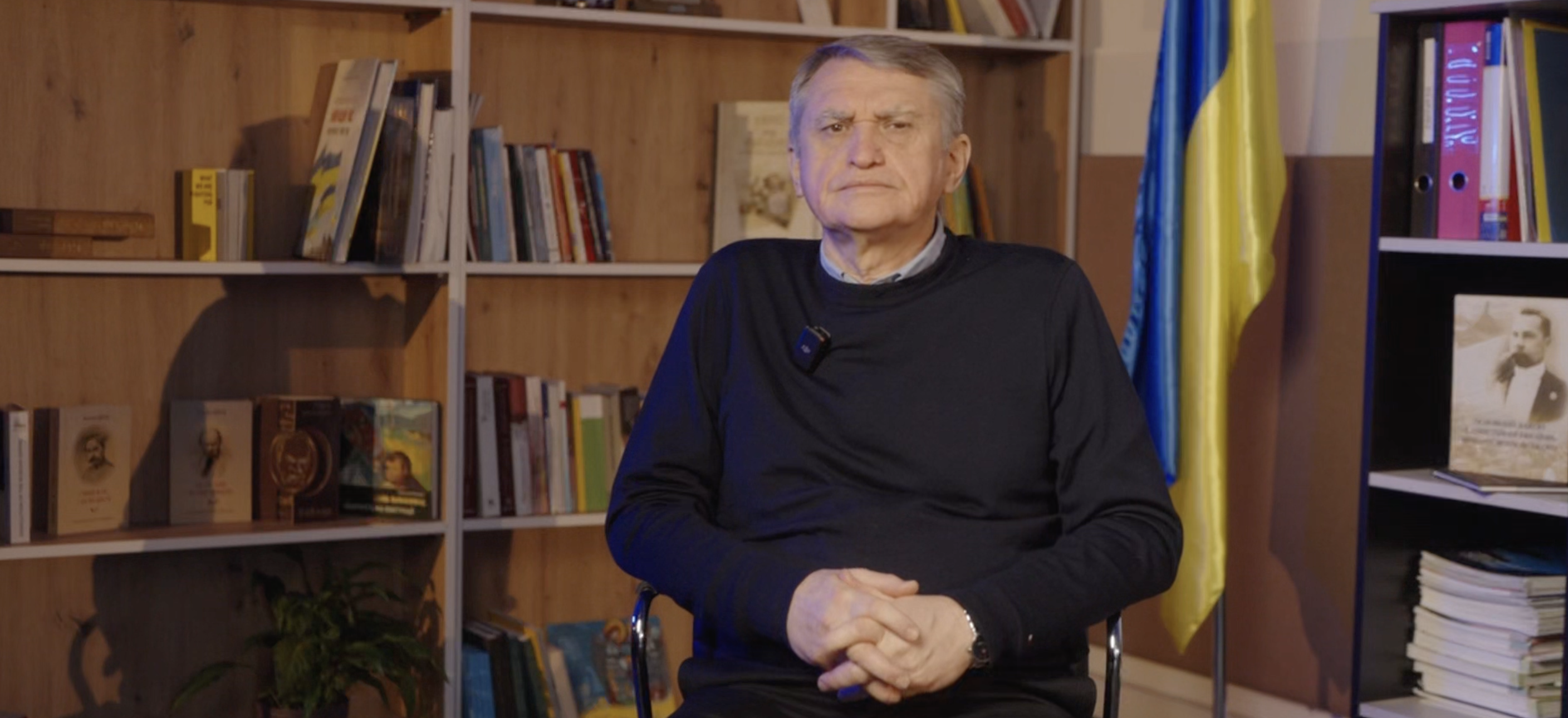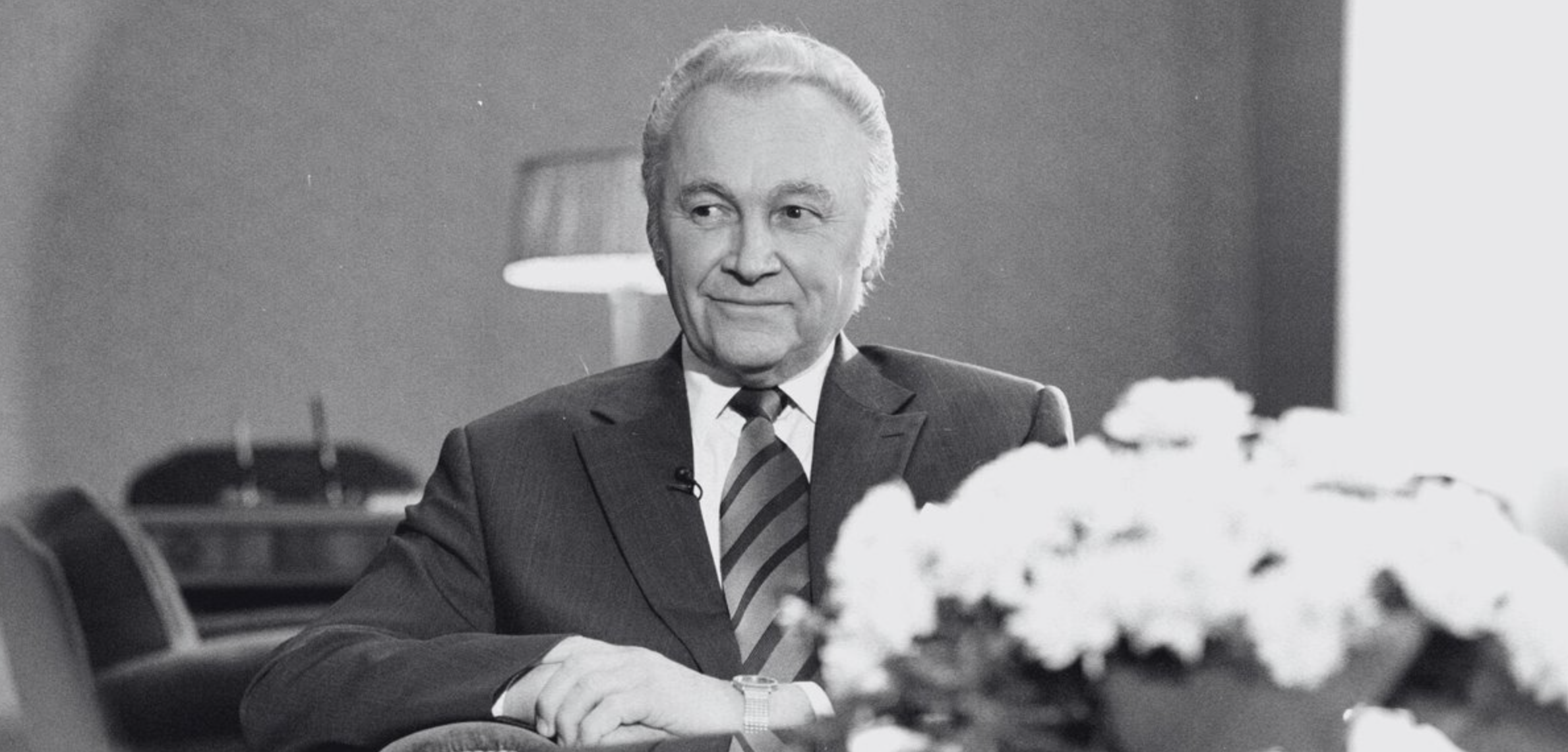
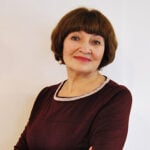
by Vira Konyk, head of the Congress of Ukrainians of Estonia (CUE)
On Jan. 11, Estonia bid farewell to Arnold Rüütel, the country’s one-term president from 2001 to 2006, who passed away on Dec. 31, at the age of 96.
A respected scholar in agriculture, Rüütel held prominent leadership positions first when Estonia was under Soviet rule and later in independent Estonia. A true nation-builder, he made crucial decisions for his people during key historical moments. Calm, composed, and a good listener, he earned the respect of all, even his opponents.
As chairman of the Supreme Council of the Estonian SSR, Rüütel played a vital role in drafting the Declaration of Sovereignty, which was adopted in 1988 during Kremlin ruler Mikhail Gorbachev’s period of “perestroika” (rebuilding).
Estonia was the first Soviet republic to openly declare its intent for independence, setting an example for others, including Ukraine. In response, the Kremlin demanded Rüütel retract his signature. But he remained firm in his decision, showing great courage at a time when the Soviet system was still predominantly strong.
Throughout his life, Rüütel stayed unwavering in his commitment to Estonia’s interests. In 2003, while serving as president, he gave an interview to the BBC Ukrainian Service in which he discussed Estonia’s relationship with Ukraine.
His words then are just as relevant today: “We now have very good relations with Ukraine… At all levels, we declare that Estonia, a small country, will support Ukraine in every way it can, wherever possible. We will certainly back Ukraine in its European integration.”
Rüütel also expressed gratitude to the Ukrainian community in Estonia.
“I would like to thank the Estonian Ukrainians who supported Estonia in its pursuit of independence in the late 1980s and early 1990s,” he said. “As chairman of the Supreme Council at that time, it was extremely difficult to withstand the pressure when Estonia adopted the Declaration of Sovereignty. I had to travel to Moscow every week to explain my actions. The support from Ukrainians in Estonia, who I saw with blue and yellow flags outside the parliament, was invaluable.”
One key figure who organized these and other actions in support of the independence of both Estonia and Ukraine was the well-known Estonian public and cultural activist Anatoli Ljutjuk.
A memorable moment came in 2005 when Rüütel and his wife visited the Ukrainian Cultural Center in Tallinn, shortly after Ukraine’s Orange Revolution. This visit demonstrated Rüütel’s solidarity with the Ukrainian people in their quest for democratic development.
Another poignant moment that showed Rüütel’s deep connection to his country’s culture and people occurred during the 2004 Song Festival. Despite torrential rain, the event continued without cancellation. The president and his wife sat in the rain, side by side with tens of thousands of spectators, for the entire duration of the festival, demonstrating his unwavering support.
Figures like Rüütel are the spiritual pillars of a nation. May his memory remain eternal and bright.
Cover: open sources
